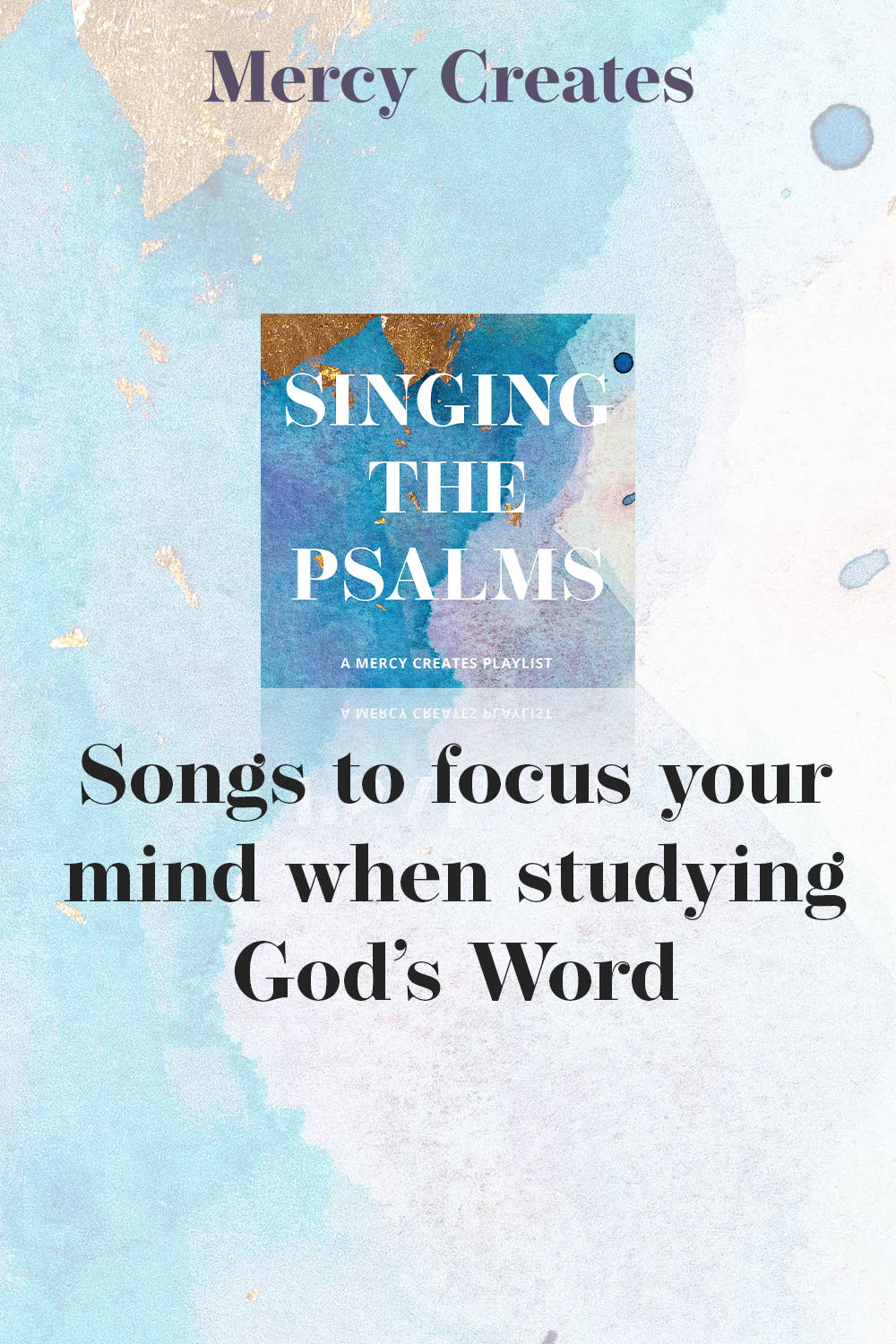In the Hebrew tradition, music wasn’t merely an artistic form; it was a channel to express emotions, depict narratives, and worship God. The Old Testament records several instances of music and dance accompanying significant events. Music had a place and function in history—a cultural expectation.
God uses every detail to glorify His Name and to communicate His word. Music is no exception.
Both the melody and instruments had a specific role and purpose. For example, one of the oldest and most important instruments was the Kinnor, a type of lyre, which was associated with joy and merriment. The’Shofar, a trumpet-like instrument made from a ram’s horn, was used to announce significant events or the start of religious ceremonies, and the To’, a type of hand drum.
And God not only wants the instruments to communicate something … the lyrics and tone must communicate and amplify the statements more so.
In the book of Psalms, we read different chapter headings of when or why that particular song was played:
- Psalm 6: “With stringed instruments: according to the sheminith (a musical or liturgical term).”
- Psalm 38: “A Psalm of David, for the memorial offering.”
- Psalm 58: “To the choirmaster: according to Do Not Destroy. A miktam (a musical or liturgical term) of David.”
Praise God He knows us, understands what we need, and gives us every resource to draw closer to Him.
In this article, we’re going to talk through how music affects both our memory and emotions, and why we need to be vigilant of what we play during our time of studying the Bible.
Music Affects Our Memory
Maybe it’s just me, but I’m often forgetting why I enter a room … Did I need to take meat out of the freezer to thaw? Or did I come in here for a glass of water?
And God knows that.
He knows we need all the help and support we can get to remember Him in every circumstance.
Back in biblical times (~4,000 years ago), we read that they, too, needed reminders. We read the same phrases over and over again, and we read God telling the Israelites to put His words on their foreheads, so they wouldn’t forget them (Deuteronomy 6:8-9).

Science has proven that repetition helps create a memory loop in our brains, which helps us retain the information over time.
Thus, the lyrics of biblical music often involve repetition. Repetition aids in the creation of a memory loop in our brains, facilitating better retention of information.
In Psalm 136, we read the phrase “His love endures forever” as every other line because it’s crucial we understand, acknowledge, believe, and commit this to memory.
When we partner repeated phrases along with a tune, our brains’ capacity for memory and memory retrieval grows. According to Harvard Health Publishing, “Music doesn’t just help us retrieve stored memories, it also helps us lay down new ones.”
Call me crazy, but I think there’s a reason why God made sure His resume of deliverance and miracles were paired with a song …
[GIF]
Music Affects our Emotions.
Background music can really set the mood of the event—amiright?
When Jake and I were Event Coordinators with Apartment Life, we had a curated playlist for each event, and it made a huge difference in the mood and atmosphere.
- People were more social and open to conversation.
- Guests felt less awkward in space filled with silence.
- The theme of the event became more enjoyable: island music for a pool party, 50’s and 60’s for BINGO night, classical for a painting party, etc.
Music can make or break an event.

And concerning our studies in the Bible … it can enhance or hurt our mood*.
Consider for a moment the wide spectrum of music genres that exist. Each carries with it an emotional undertone that affects our emotional and mental state of mind.
Genres like heavy metal or hard rock, known for their aggressive beats and often tense lyrics, can stimulate feelings of excitement or intensity—great for a hype session or workout. However, in large and consistent amounts, we might see that we are emotions have an angry or restless tint to them.
On the flip side, music genres known for their calming characteristics, like classical or instrumental music, can instill peace and tranquility. These genres often utilize soft, slow-paced melodies, and their harmonious nature can slow our heart rate, reduce stress, and promote relaxation.
In relation to our time spent studying God’s Word, background music can strengthen our recall and steer our emotions to be more like Philippians 4:6.
There’s a place and a time for every genre of music.
In my experience, some of my prayers have started from a heavy metal song because there was an anger in me that needed to be laid before God. And later, I experienced healing that came from a calmer, slower-paced melody. There was a closeness I felt to the Lord with upbeat/cardio rhythms because I was happier and wanted to praise Him.
It’s up to us to use discernment and wisdom in when and what type of music we allow into our minds.
Music can encourage us, motivate us, and guide us closer to God and His glory.
Like all tools God has given us (money, technology, equipment, brushes and paints …), it’s up to us and how we use them to honor Him.
At Mercy Creates, we don’t want to just tell you what to do … and leave you hanging. Especially if you’re just stepping into the world of Christian music. There’s a lot out there, and even with faith-based songs, you still need discernment in choosing what to listen to.
We’ve curated a Spotify playlist inspired by verses and chapters from Psalms that you can add and listen to during your studies. Type your email address here, and the playlist link will be sent to you ASAP.


Leave a Comment +